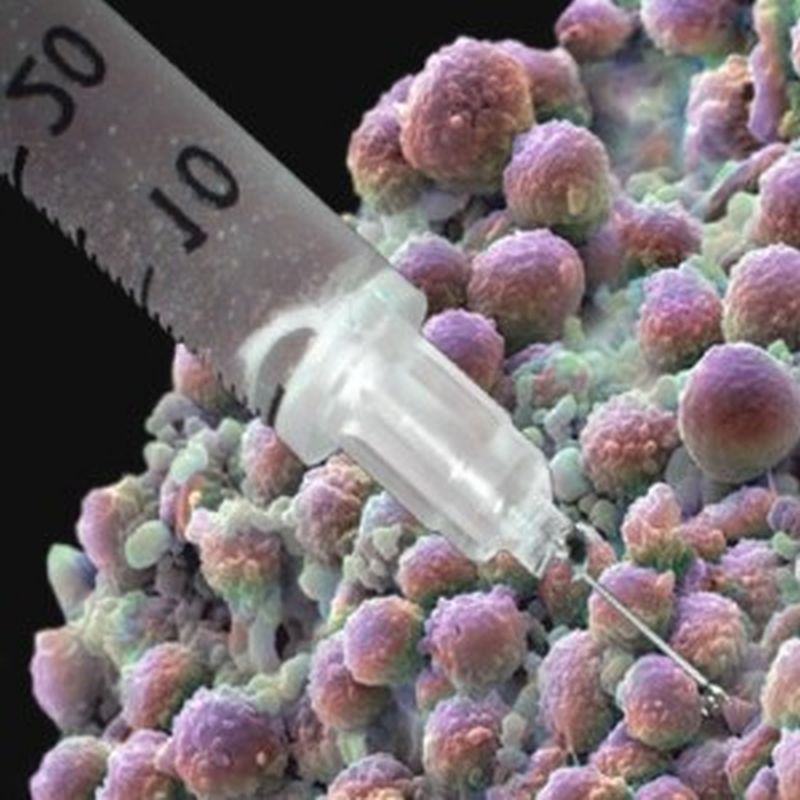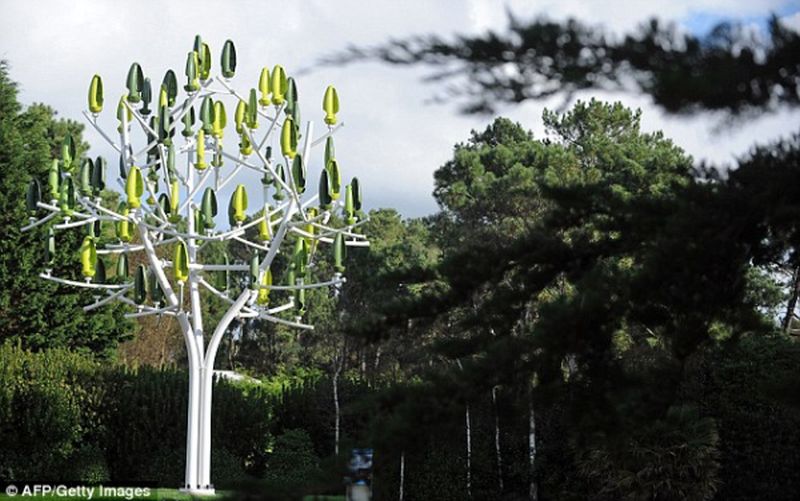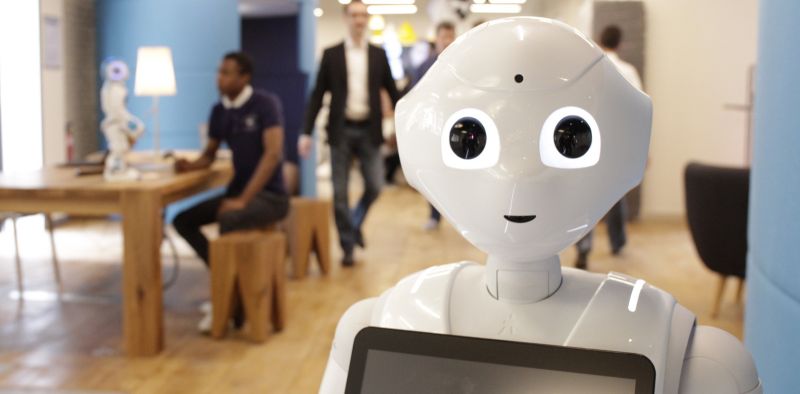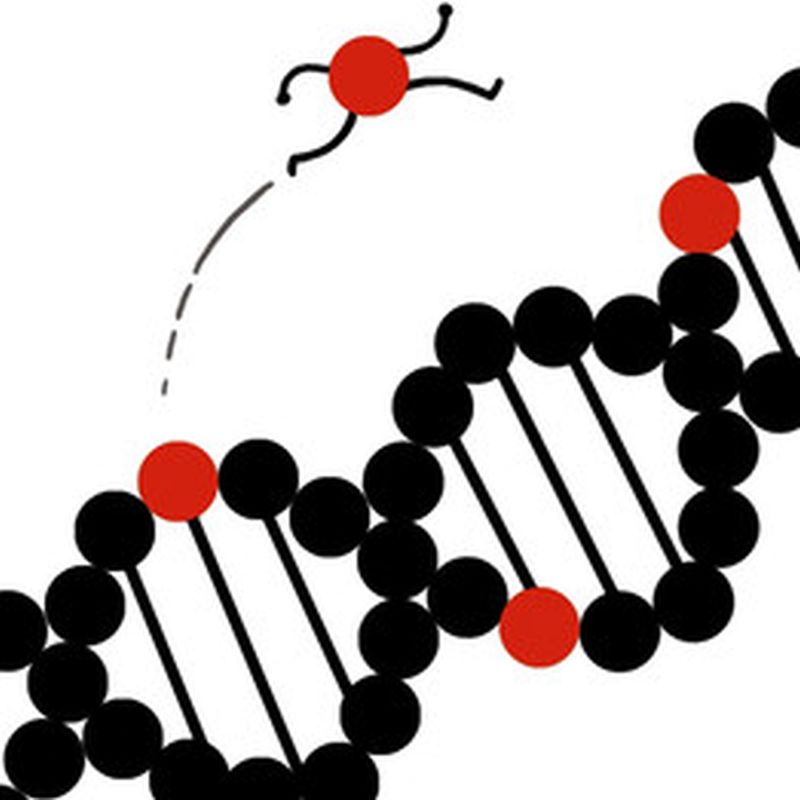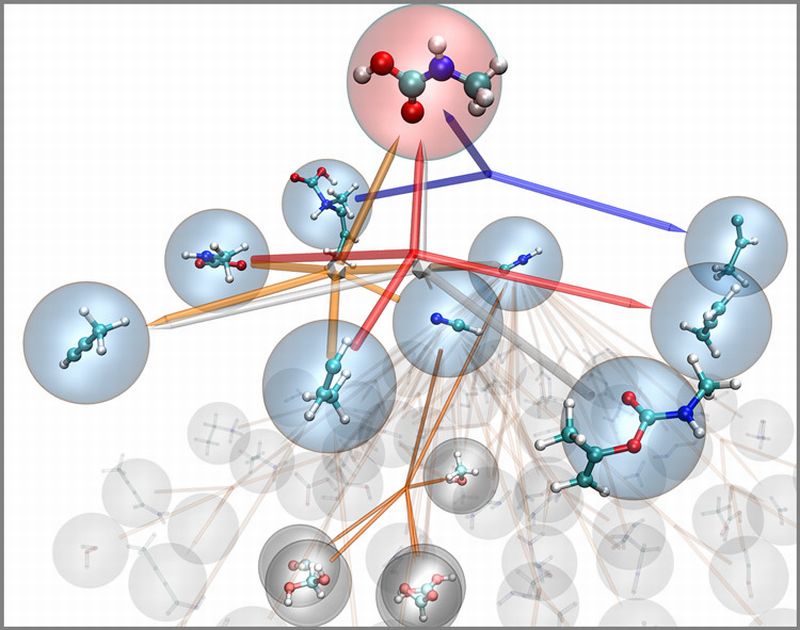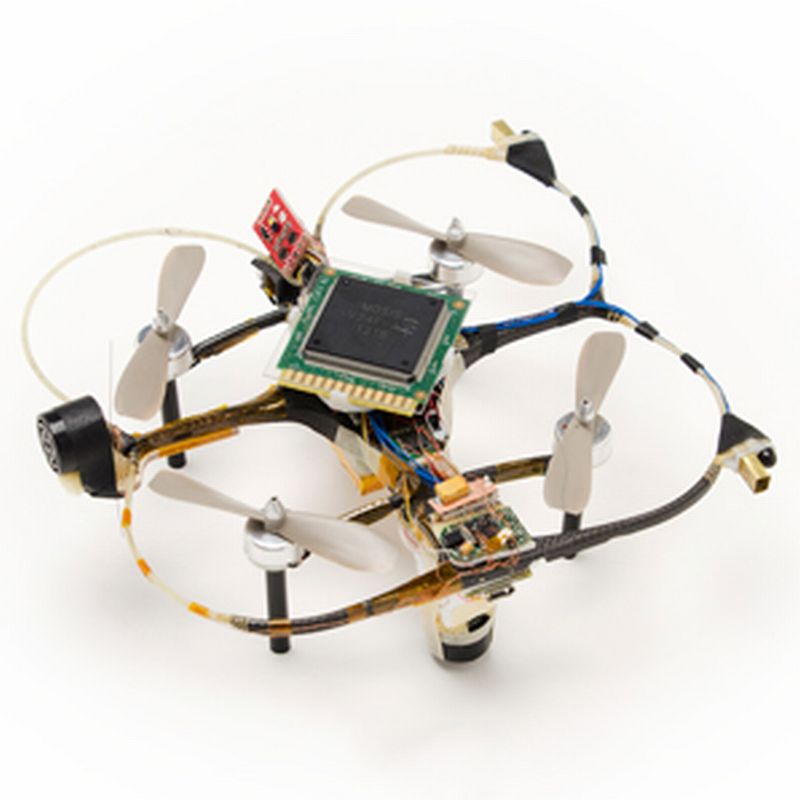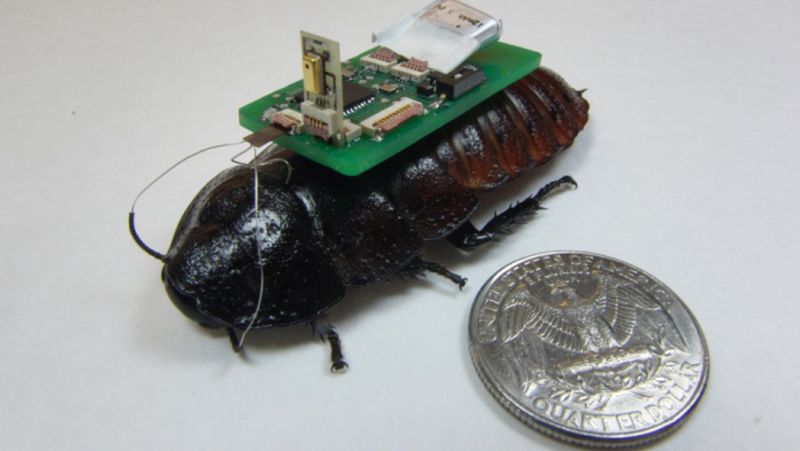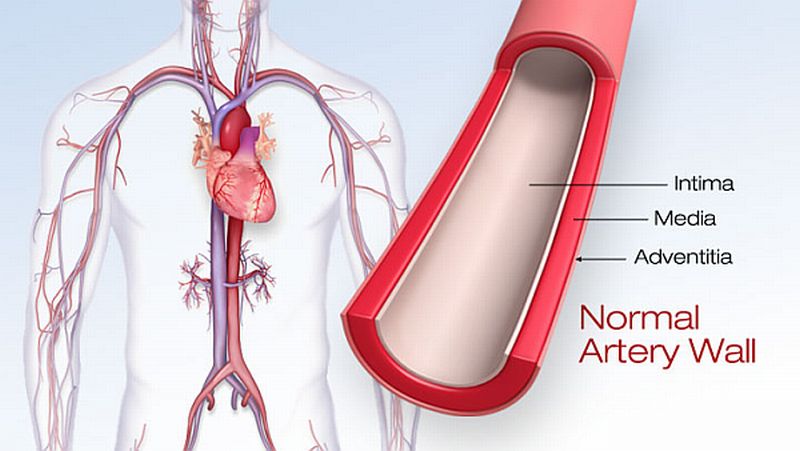In an effort to reduce or make walking time obsolete, elevators are going to have an overall overhauling. Based on the technology of magnetic levitation, the revamped elevators would then be able to go sideways as well. By 2016, ThyssenKrupp AG, a German multinational conglomerate corporation is coming up with the two-axis travel that will usher the era of Maglev elevators within an intra-building infrastructure.
Read MoreTag: research
Breast Cancer Cure to come with Fewer Side Effects: Vaccine shows Promise in Trial
Breast cancer is one of the leading cancer types to be reported in females worldwide. Although new and improved techniques for detecting and treating breast cancer have been developed, yet many unfortunate ones succumb to this deadly disease in their battle against it.
Read MoreElectricity producing Trees: Plastic Leaves to Create Power
Very soon, we might witness our streets and garden lined up with electricity producing trees. Unbelievable but true. Couple of French engineers have designed an artificial tree that uses wind energy to produce electricity. The electricity producing, Wind Tree will be available in the market by 2015. Founder of start-up Parisian, Jerome Michaud-Lariviere says that he came up with the idea of wind tree when he saw leaves quivering in the absence of air currents, which means energy is coming from somewhere and it possible can be morphed into watts.
Read MorePepper selling Espresso Machines in Japan: Humanoid to collect Customers’ Opinions
George Clooney, the brand ambassador of Nespresso has a stiff competition now, I say stiff because the new face is cute, chatty & cuddly and it happens to be an android. Pepper is the name of the droid that Nestle has lately launched. It’s not just a single robot but a fleet to bots taking the Japanese stores. The four feet tall bot has a cute human like face mounted on top of a plastic body. The interface in tablet form is located at the chest of the machine while…
Read MoreHuman Waste to morph into Rocket Fuel: Methane powered Spacecrafts
A research team from the University of Florida has found a way to transform human waste into something as useful as a rocket fuel. Until now the waste produced during space missions were stored which was later burnt while entering Earth’s atmosphere, when the space cargo vehicle loaded with waste returns. However, between 2019 and 2024, NASA plans to build an operating base on moon for initiating future long-term space missions that would require a way to cut down the weight of spacecraft leaving Earth. Clearly, neither dumping waste on…
Read MoreToxin Genes jumped from Bacteria into Animals: Defense Mechanism via Gene Transfer
Bacteria are the first organisms known to exist in the history of life on the planet Earth. Taken the time period into consideration, these micro-organisms have had surplus at their disposal hence, we can say that they have the ‘edge’ of thriving even on the bare minimum life supporting elements. This unique ability of bacteria has made one of the major reasons for researchers to study more about them. Harsh environment signifies very less or no availability of nutrients, consequent upon which the microorganisms require fighting for their survival. So what…
Read MoreSuneris VetiGel: Superfast Bioresorbable Clotting Agent
The first and the foremost step in treating any kind of injury is to cease blood loss. Though our body has its own mechanism to stop blood loss through formation of blood clots. But during severe injuries, our body struggle to stop blood loss and excessive blood loss is life threatening. Therefore, scientists are researching to find new ways to minimize blood loss during injuries.
Read MoreXenen Disinfection Robot: A Silent Ebola Killer
Ebola disease is one of the most discussed topic these days. Vaccines or specific treatment for the deadly Ebola virus is not yet found. And therefore, medical expert emphasize on taking necessary precautions.
Read MoreNanoreactor developed for Discovering New Chemical Reactions: Virtual Chemistry Set
In order to replicate ecosystem and chemical origin of life, Stanley Miller, under the supervision of Harold Urey, performed the breakthrough Urey-Miller experiment in 1952. The experiment initiated more than 20 major molecules that form the integral part of life. A team of researchers at Stanford believes that they can do one-step better.
Read MoreSupplements do not Enhance an Individual’s Cognitive Performance: Balanced Diet is the Key
For long, B group vitamins, especially B6, B12 and folic acid has been considered playing a pivotal role in keeping the human’s brain healthy. They are known to boost memory and avert risk of disease such as Alzheimer’s disease. Because of these benefits, the vitamin B has become a part of a healthy diet.
Read MoreRobots would now Learn to Fall from Cats and Divers: Biomimicry
It’s not just the design but the falling mechanics too are being studied for implementation by researchers in biomimicry. In an attempt to develop natural reflexes in robots, scientists at the US are studying the techniques through which cats and athletes twist their body mid-air without being injured at the landing. By recreating the similar reflexes in droids, researchers aim to cut down the probability of robots crashing especially during hazardous missions like search-and-rescue operations.
Read MoreImages from Rosetta’s lander Philae: Welcome to a Comet
Philae, the European Space Agency (ESA) lander made the historic touchdown on comet 67P/ Churyumov-Gerasimenko although it lacked to latch on properly yet the position is said to be stable relatively. The agency has been able to get hold of its first image.
Read MoreBrain-Inspired Neuromorphic Chip: Machine starts Thinking
Human brain mechanics has always been one of the most fascinating subjects for neuroscientists all across the globe. Many simulators and robots have been designed by mimicking neurons and synapses, yet the efficiency of brain has not yet thoroughly touched upon so far.
Read MoreBiomimicry: Cyborg Cockroach would be the New Rescuers
Cockroaches are one organism that is disliked by a majority of people but these creepy looking creatures is soon going to help in tracing humans trapped in disaster sites. Similar to penny sized micro robots, these tiny roaches can make its way through the extremely small spaces where others like dogs, camera or robots might not reach thus making rescue operation slow and risking lives of people.
Read MoreHeart Disease starts from Stomach: Red Meat hardens the Arteries
Though red meat is one of the richest source of a powerful antioxidant called, lipoic acid, apart from harboring other essentials like iron, creatine, minerals and vitamins, findings from various studies suggest that red meat consumption is linked to significant health risks such as an increased chance of developing cardiovascular disease and even bowel cancer.
Read More

